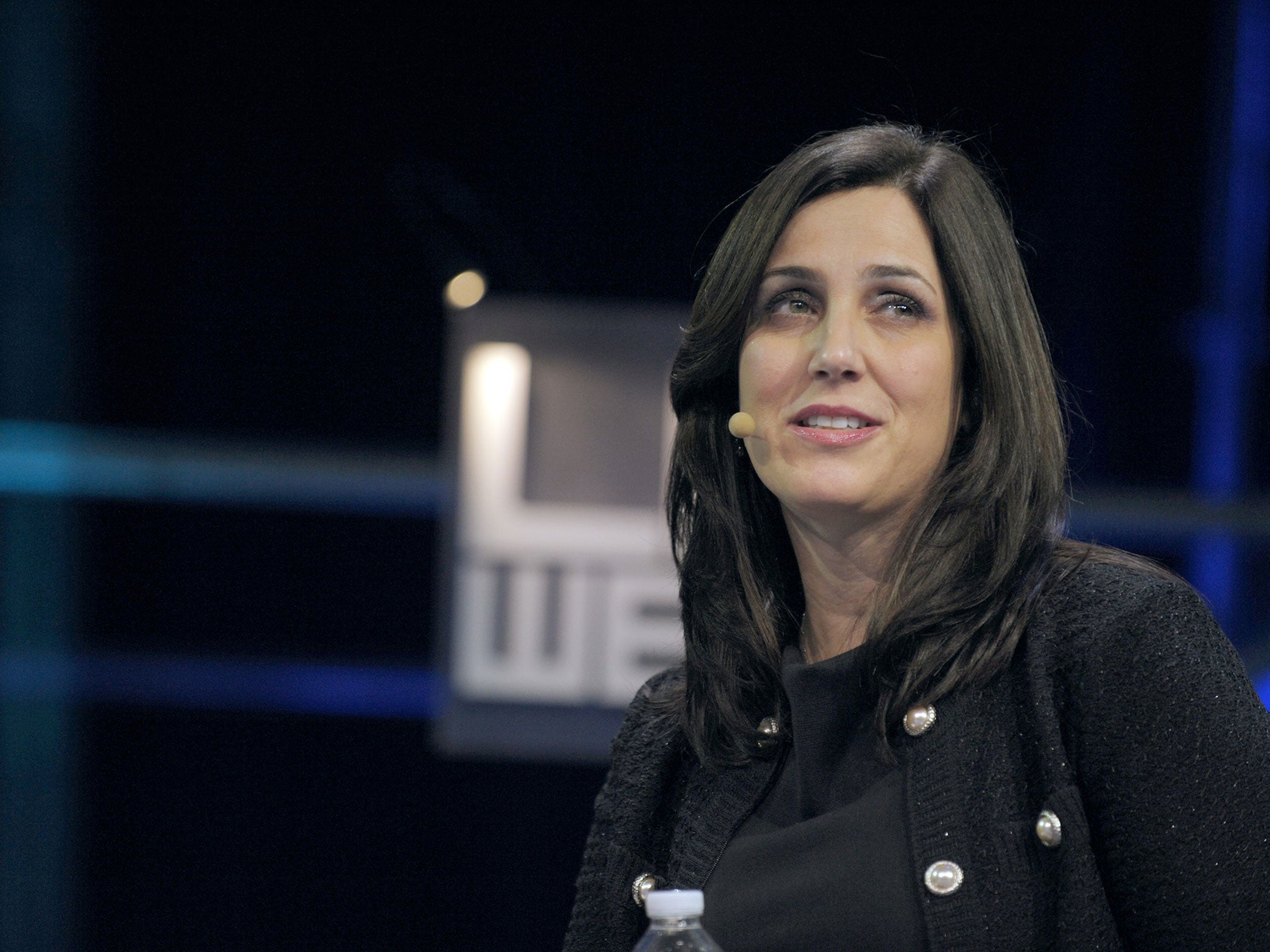Silicon leg-up: London edges beyond New York in the hi-tech race

Your support helps us to tell the story
From reproductive rights to climate change to Big Tech, The Independent is on the ground when the story is developing. Whether it's investigating the financials of Elon Musk's pro-Trump PAC or producing our latest documentary, 'The A Word', which shines a light on the American women fighting for reproductive rights, we know how important it is to parse out the facts from the messaging.
At such a critical moment in US history, we need reporters on the ground. Your donation allows us to keep sending journalists to speak to both sides of the story.
The Independent is trusted by Americans across the entire political spectrum. And unlike many other quality news outlets, we choose not to lock Americans out of our reporting and analysis with paywalls. We believe quality journalism should be available to everyone, paid for by those who can afford it.
Your support makes all the difference.London has moved ahead of New York as one of the world hubs for hi-tech companies, the Government’s technology tsar has claimed.
Joanna Shields, chief executive of Tech City, which supports the technology cluster around the “Silicon Roundabout” junction in east London, said that the British capital now had “a stronger story to tell” than New York.
American-born Ms Shields, who was previously a senior executive at Facebook and Bebo, was speaking as Tech City commissioned research on London’s progress as a beacon for technology companies, to mark the third anniversary of the Tech City concept.
“We are in a really strong position vis-à-vis New York based on the figures,” she said. “We have a stronger story to tell than New York on the metrics that we track and the number of jobs created.”
The Tech City claim comes two months after New York Mayor Michael Bloomberg admitted the Big Apple needed to stop comparing itself with Silicon Valley. “Our competition is only going to be in other cities that have similar kinds of characteristics. And the city that comes to mind is London,” he said.
Tech City also claimed the mantle of “digital capital of Europe”. Ms Shields rejected the idea that Berlin had become a cheaper and more attractive alternative to London for start-up companies. “Part of why I wanted to do this report was to shine a light on what we have going here and Berlin is a robust cluster but the numbers aren’t even close to this,” she said. “If you were to look at other clusters, you probably would say that London is much more like New York City.”
She said that a report by Economic Modelling Specialists International (EMSI) showed that the technology sector, alongside financial services, was helping London through the downturn. “Now we can say there are two really strong sectors in London.”
The report states that the number of tech and digital companies in London has grown by 76 per cent in three years, with the numbers employed rising from 50,000 to 88,000. Tech City sources said London has 582,000 individuals employed by the tech and digital sector, compared to 262,000 in New York.
Ms Shields said Tech City’s Future Fifty project would help some high-potential digital businesses to get access to private sector support and government services. Some tech entrepreneurs travelled with David Cameron on official trips to India and China.
“We are working with investment banks and sovereign wealth funds to get the word out that there are some really good companies to invest in in London. In the past some of our great companies have either gone to the US or sold too early,” she said.
But she admitted that the Government was often criticised by entrepreneurs in significant tech clusters outside of London for obsessing over Tech City. “There is so much activity going on everywhere else in the country,” she said, saying that Tech City had “reached out” to the UK business and tech cluster alliance, which includes firms in cities such as Cambridge, Manchester, Glasgow and Bristol.
“Each of these clusters has unique characteristics,” she said. “I don’t think they are competitive, you just need to make sure that the voices of all those clusters are heard and that the policies of government reflect the needs of all entrepreneurs in the UK.”
Ms Shields said that a new Exceptional Talent Visa, supported by the Home Office, was an “absolutely critical programme” that would help Tech City to strengthen its position by “enabling companies to hire the talent that they need”.
Join our commenting forum
Join thought-provoking conversations, follow other Independent readers and see their replies
Comments